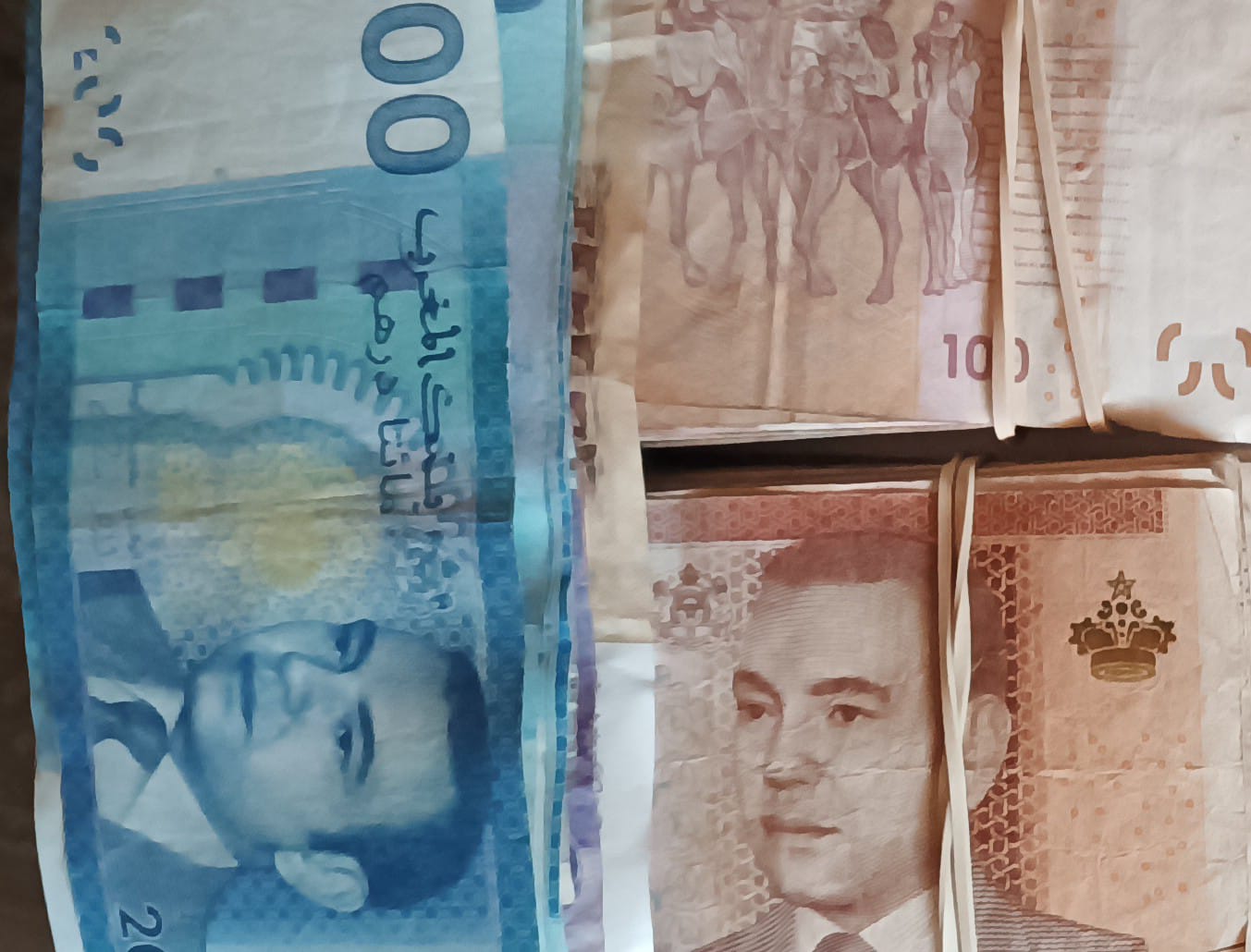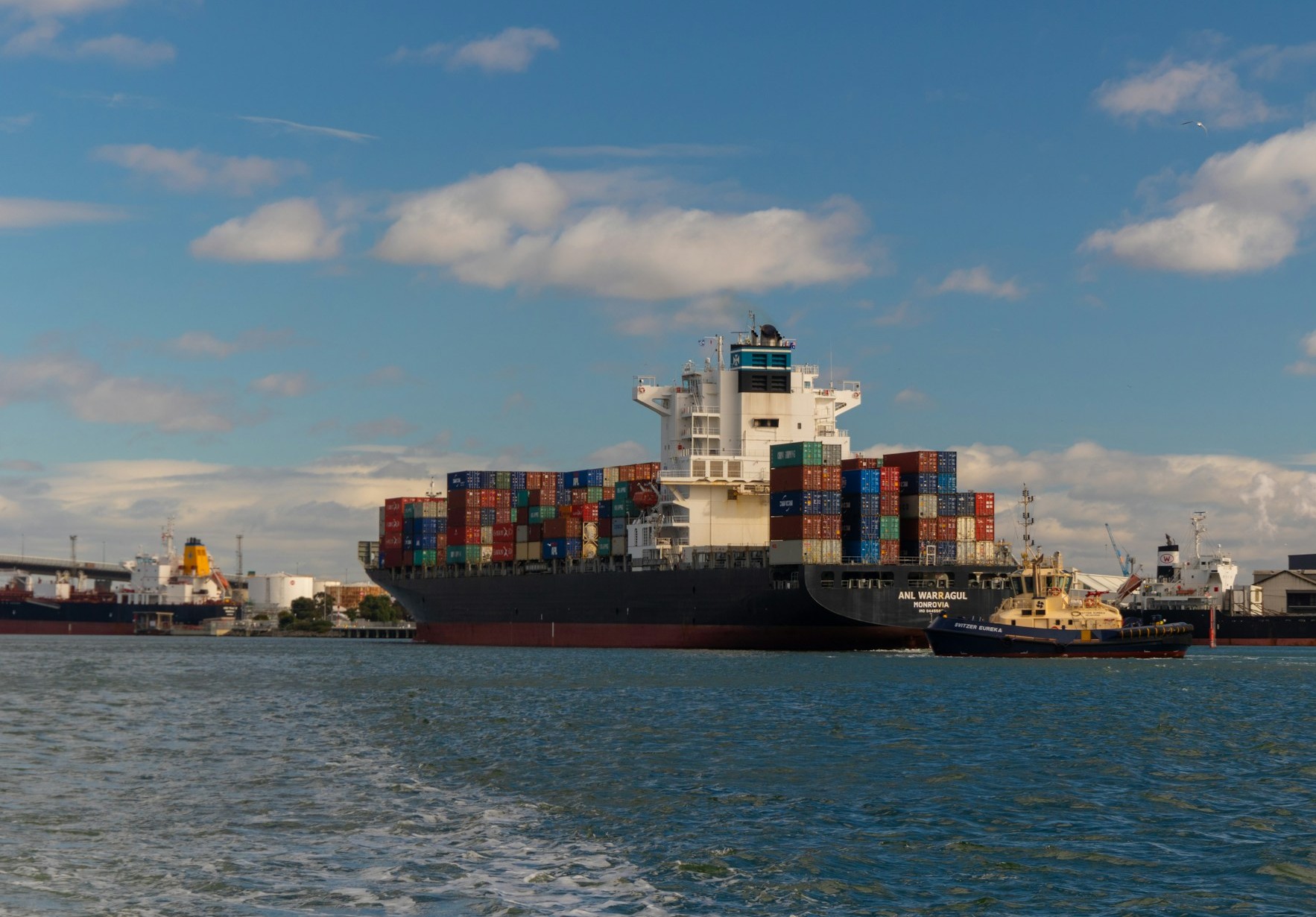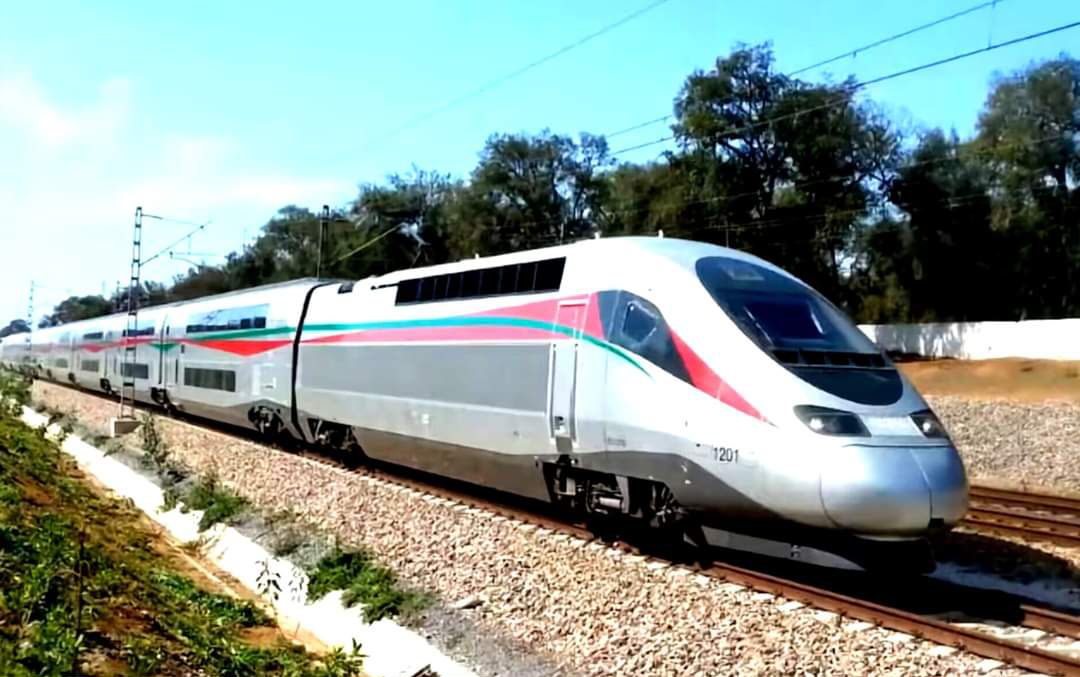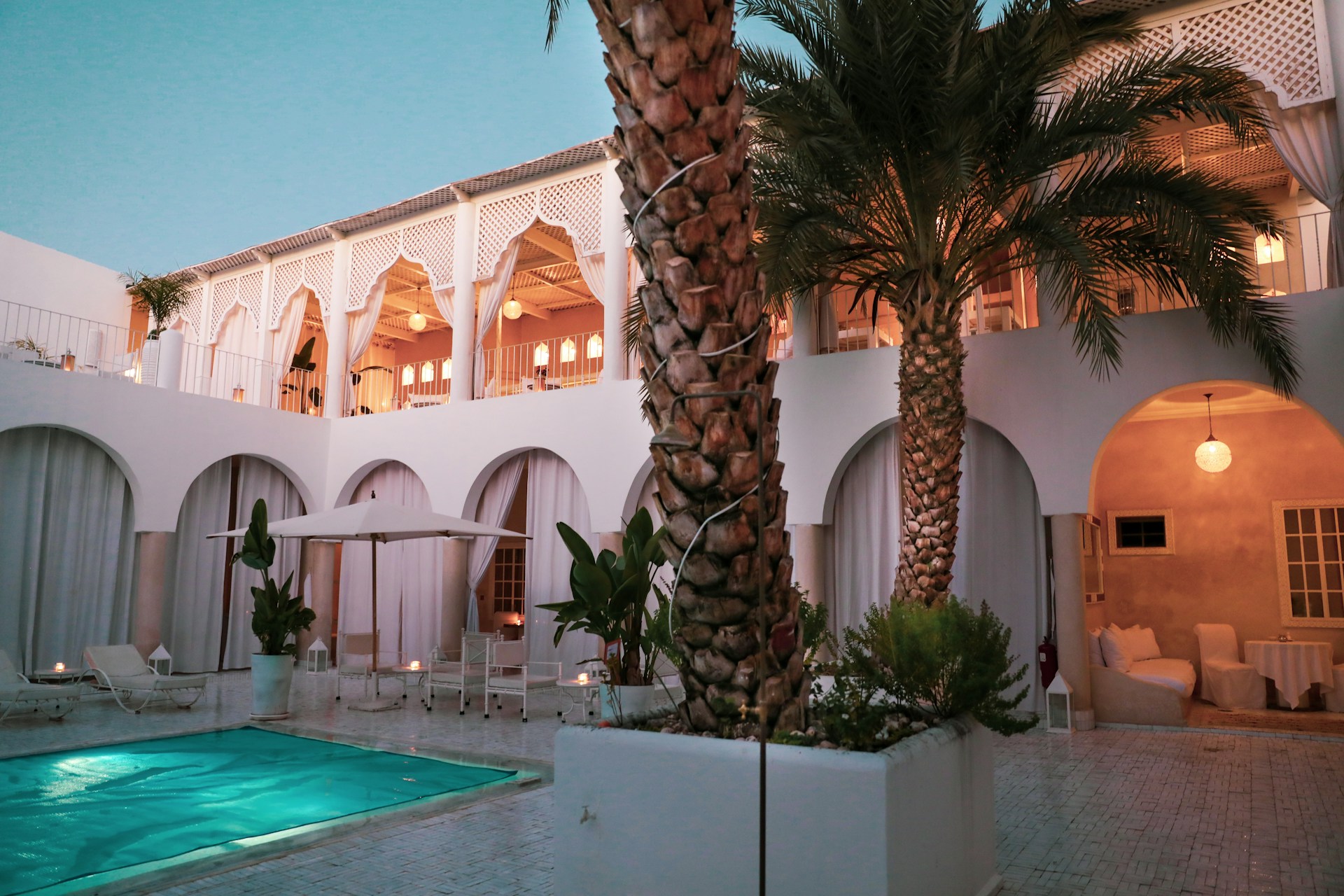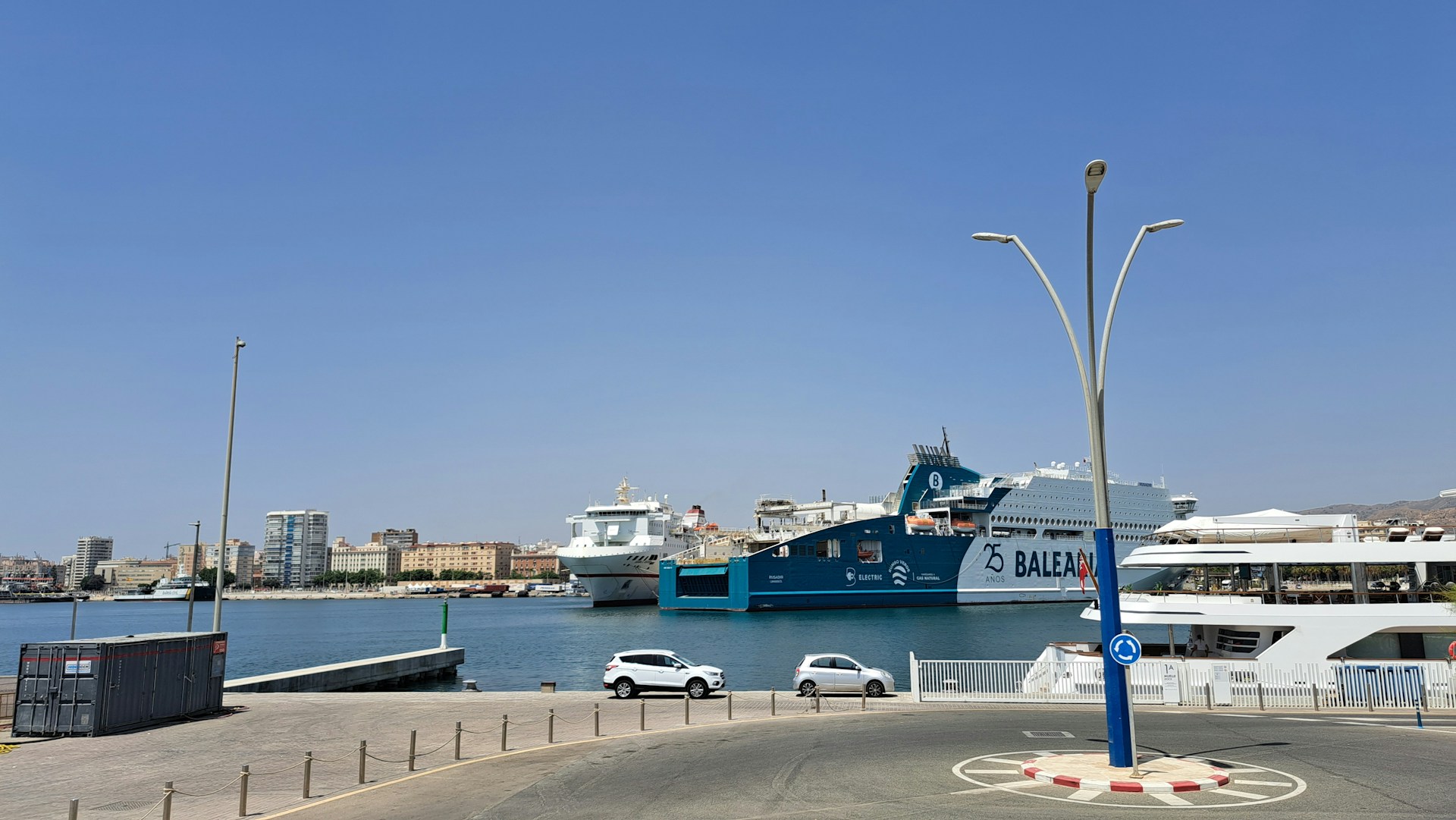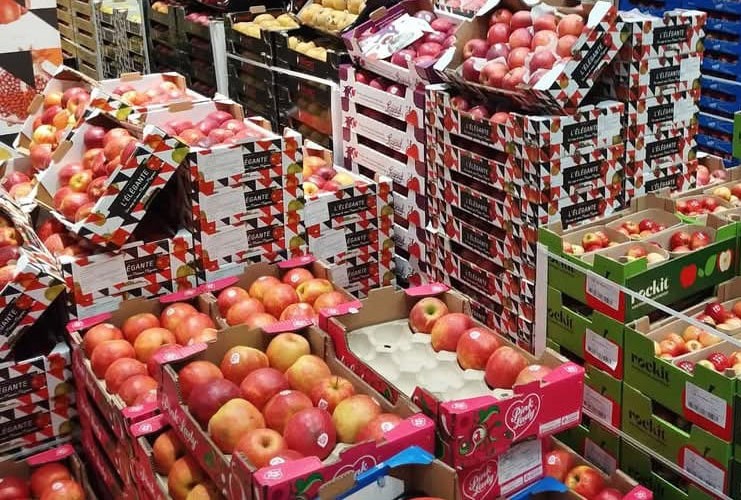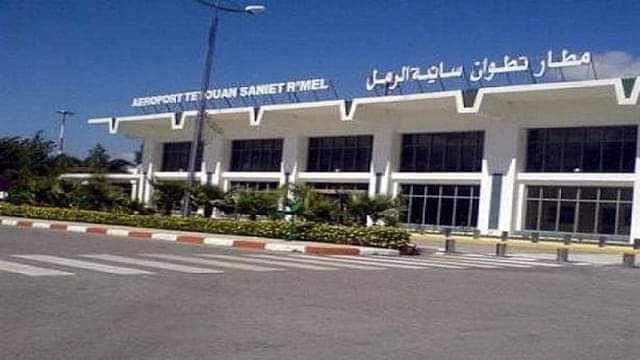Casablanca – The Moroccan National Railways Office (ONCF) has announced a remarkable reduction in its carbon footprint for the year 2023, underscoring the organization’s commitment to environmental sustainability and the broader goal of achieving carbon neutrality by 2035. This milestone was detailed in ONCF’s latest carbon report, which highlights significant progress in reducing greenhouse gas (GHG) emissions and enhancing energy efficiency across its operations.
Major reduction in greenhouse gas emissions
The 2023 carbon report reveals that ONCF successfully reduced its total GHG emissions by 20%, from 371,000 tons of CO2 equivalent in 2022 to approximately 297,000 tons of CO2 equivalent in 2023. This achievement is particularly noteworthy given the increase in the number of passengers and goods transported during the same period. The reduction is attributed to a series of strategic initiatives focused on energy transition, resource management, and operational excellence.
Improved carbon intensity for passengers and freight
One of the key metrics highlighted in the report is the reduction in carbon intensity per passenger. ONCF managed to lower this to just 13.02 grams of CO2 per kilometer for each of the 52.8 million passengers transported in 2023. This represents a significant improvement, demonstrating that train travel generates nine times less CO2 per kilometer compared to car travel.
Similarly, the carbon intensity for freight transport also saw a reduction, with emissions decreasing to 23.37 grams of CO2 per kilometer for each ton of goods transported. This improvement underscores ONCF’s ongoing efforts to make freight transportation more environmentally friendly.
Environmental impact equivalent to removing thousands of cars
The report puts these reductions into perspective by equating the 74,000 tons of CO2 saved to the environmental impact of 4,740 cars being removed from the Casablanca-Rabat highway each day. Alternatively, this saving is equivalent to a year’s worth of heating for 10,900 households or the carbon absorption capacity of 2,105,200 trees.
Strategic initiatives driving sustainability
ONCF’s success in reducing its carbon footprint is the result of several strategic initiatives. A key component has been the acceleration of the energy transition, with 90% of ONCF’s trains now powered by renewable energy. Additionally, the organization has implemented efficient resource management practices, promoted operational excellence, and developed innovative services to meet the needs of its passengers.
The ONCF has also invested in alternative energy sources, such as photovoltaic systems at stations and buildings, and has optimized its production processes and waste management strategies. Several ONCF sites have received ISO 14001 and ISO 50001 certifications, further validating the organization’s commitment to sustainability. Moreover, ONCF has conducted systematic environmental impact studies for major projects and has issued green-certified bonds to support its sustainability initiatives.
Commitment to a sustainable future
ONCF’s focus on ecological transition and sustainable mobility is closely aligned with Morocco’s Royal Vision for sustainable development. The organization is committed to enhancing its role as a leader in sustainable mobility, contributing to the country’s socio-economic prosperity and the well-being of future generations. The ultimate goal for ONCF is to achieve carbon neutrality by 2035, a testament to its dedication to protecting the environment and ensuring a sustainable future for Morocco.
Train travel: The green choice for Morocco
The report emphasizes that train travel remains one of the most environmentally responsible modes of transportation in Morocco. Trains account for only 0.47% of the country’s total GHG emissions and 2.6% of the transport sector’s emissions. This positions ONCF as a key player in reducing the national carbon footprint, providing a sustainable and efficient alternative for the mobility of people and goods.
As ONCF continues to advance its sustainability initiatives, it sets a powerful example of how transportation can be both effective and environmentally conscious, paving the way for a greener future in Morocco.


